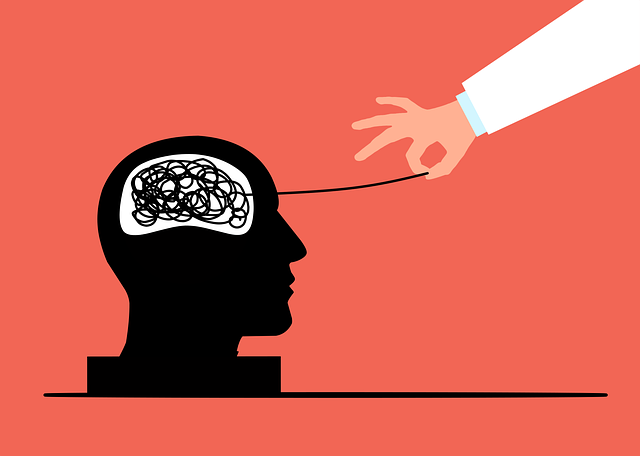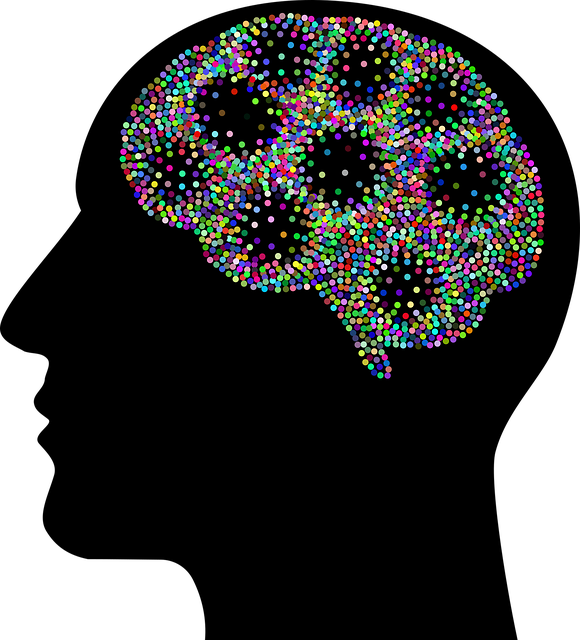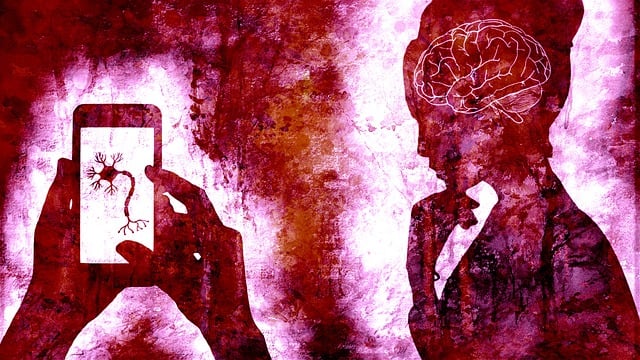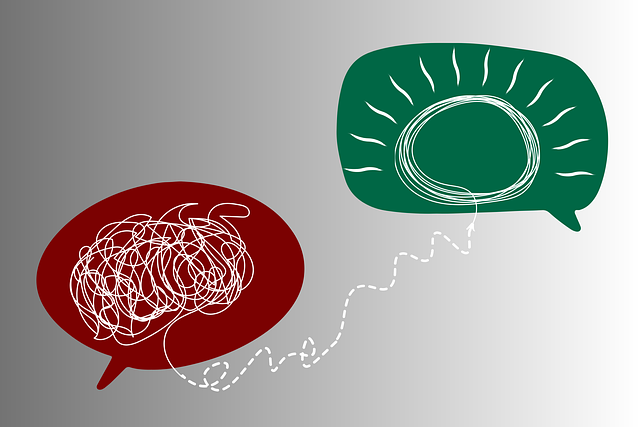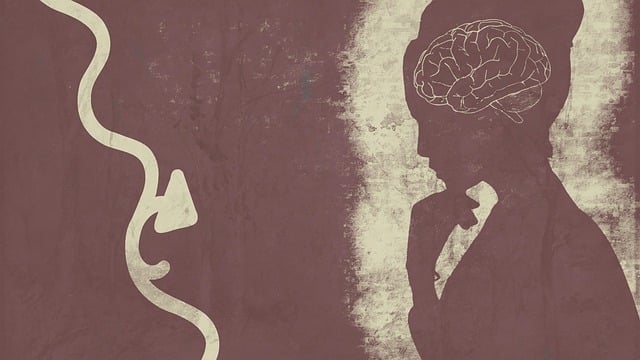The media's power over public perception of mental health is profound, with accurate representations fostering understanding and empathy while negative stereotypes contribute to stigma. Centennial Alcohol Abuse Therapy (CAAT) serves as a positive example by showcasing responsible and empathetic portrayals of alcohol abuse treatment, challenging stigma, and potentially saving lives. To combat inaccurate media depictions, inclusive storytelling and open dialogue on social media platforms are crucial. Collaboration between media professionals and mental health experts is essential for driving awareness and systemic change through diverse and ethical media representations, policy interventions, and public campaigns featuring recovery stories.
“The media’s portrayal of mental illness significantly influences societal perceptions and understanding. This article explores the impact of media representation on mental health stigma while examining the current state of its often-inaccurate depiction. We present a case study on Centennial Alcohol Abuse Therapy, showcasing responsible media representation. Furthermore, we offer strategies to promote empathetic and accurate portrayals. By discussing industry professionals’ roles, policy implications, and audience awareness, this piece aims to foster positive change in media’s handling of mental health topics.”
- Understanding the Impact of Media Portrayal on Mental Health Perception
- The Current State: How Media Often Misrepresents Mental Illnesses
- Centennial Alcohol Abuse Therapy: A Case Study in Responsible Representation
- Strategies for Promoting Accurate and Empathic Media Depictions
- Fostering Change: The Role of Industry Professionals, Policy, and Audience Awareness
Understanding the Impact of Media Portrayal on Mental Health Perception

The media plays a significant role in shaping societal perceptions about mental health and illness. The way mental disorders are represented in films, television shows, and news outlets can either promote understanding and empathy or perpetuate harmful stereotypes. Positive media portrayal of individuals overcoming mental health challenges through therapy, for instance, can encourage others to seek help and foster hope. It inspires a sense of resilience and empowers folks to develop their inner strength (Centennial Alcohol Abuse Therapy).
On the other hand, negative or inaccurate depictions can lead to stigmatization, fear, or misinformed assumptions about those living with mental illnesses. Depicting characters as solely driven by their illness without showcasing recovery efforts or highlighting the importance of professional support, such as therapy and conflict resolution techniques, can hinder Depression Prevention initiatives. Thus, it is crucial to advocate for accurate and diverse media representation to foster a more compassionate and supportive society for everyone’s mental well-being.
The Current State: How Media Often Misrepresents Mental Illnesses

The media’s portrayal of mental illnesses often falls short of accuracy, perpetuating harmful stereotypes and misconceptions. Despite an increasing awareness of mental health issues in recent years, many artistic and journalistic depictions still present a distorted view. This is particularly evident in popular culture, where conditions like depression, anxiety, or psychosis are frequently exaggerated or simplified for dramatic effect. The result is a skewed understanding of these complex disorders among viewers and readers.
For instance, the portrayal of mental illness as solely characterized by extreme violence or madness fails to capture the nuances of lived experiences. Such representations can lead to the stigmatization of individuals seeking help for legitimate health concerns. Conversely, media often neglects to portray the subtler symptoms and challenges associated with mental wellness, such as anxiety or mild depression, which are prevalent yet less dramatic. This imbalance in storytelling contributes to a society where mental health struggles are either sensationalized or overlooked, hindering open conversations about these issues.
Centennial Alcohol Abuse Therapy: A Case Study in Responsible Representation

Centennial Alcohol Abuse Therapy (CAAT) serves as a compelling case study in responsible mental illness representation within media and entertainment. By showcasing a comprehensive approach to treating alcohol abuse, CAAT contributes significantly to public awareness campaigns development, highlighting effective interventions and recovery strategies. Through their work, they actively challenge existing mental illness stigma reduction efforts, presenting a more nuanced and empathetic portrayal of individuals grappling with addiction.
This therapy model provides valuable insights into crisis intervention guidance, demonstrating how media platforms can accurately depict sensitive topics while offering helpful resources to viewers. By adopting such responsible practices, CAAT encourages open conversations about mental health issues, fostering a better understanding in the general public. Their commitment to accurate and compassionate representation is pivotal in shaping positive perceptions and potentially saving lives affected by alcohol abuse.
Strategies for Promoting Accurate and Empathic Media Depictions

Media has a significant impact on shaping societal perceptions and understanding of mental health issues. To address the challenge of inaccurate representations, various strategies can be employed to promote empathic and accurate portrayals in media. One key approach is to involve individuals with lived experiences of mental illness in the creative process, ensuring their voices are heard and reflected authentically. This practice, known as inclusive storytelling, brings a level of authenticity that educational campaigns like Centennial Alcohol Abuse Therapy can benefit from. By incorporating real-life perspectives, media content becomes more relatable and helps combat stereotypes.
Additionally, implementing communication strategies that encourage open dialogue about mental health is vital. Media platforms can facilitate this by providing accurate information and resources while fostering discussions that challenge stigma. Encouraging audiences to engage with content through interactive features or social media campaigns can enhance empathy building strategies. These approaches not only increase awareness but also promote emotional well-being by creating a supportive environment where individuals feel understood and encouraged to seek help when needed, aligning with effective emotional well-being promotion techniques.
Fostering Change: The Role of Industry Professionals, Policy, and Audience Awareness

The media industry plays a pivotal role in shaping societal perceptions about mental health. To challenge negative stereotypes and foster positive change, it is imperative for professionals within this sector to collaborate with experts in mental healthcare. By integrating accurate and nuanced representations of various mental illnesses, these collaborations can lead to increased public awareness and understanding. Developing comprehensive public awareness campaigns that highlight the diversity of experiences and recovery stories can significantly boost confidence among individuals struggling with their mental health.
Moreover, policy interventions are crucial in driving systemic change. Encouraging regulatory bodies to mandate more responsible media portrayal of mental illness can help ensure ethical representation. Incorporating cultural sensitivity in mental healthcare practice into industry standards allows for authentic storytelling while respecting diverse cultural contexts. This collective effort not only empowers those seeking support but also encourages early intervention and access to appropriate services, such as those offered by Centennial Alcohol Abuse Therapy, ultimately reducing the burden of mental health challenges on individuals and society at large.
The media plays a powerful role in shaping societal perceptions of mental health. By examining the current landscape and successful initiatives like Centennial Alcohol Abuse Therapy, we can identify strategies to promote accurate and empathetic representations. It is crucial for industry professionals, policy makers, and audiences alike to embrace these changes, fostering a more understanding and supportive environment for those facing mental illness. Through responsible depiction, media has the potential to revolutionize public perception and offer much-needed hope and representation.

